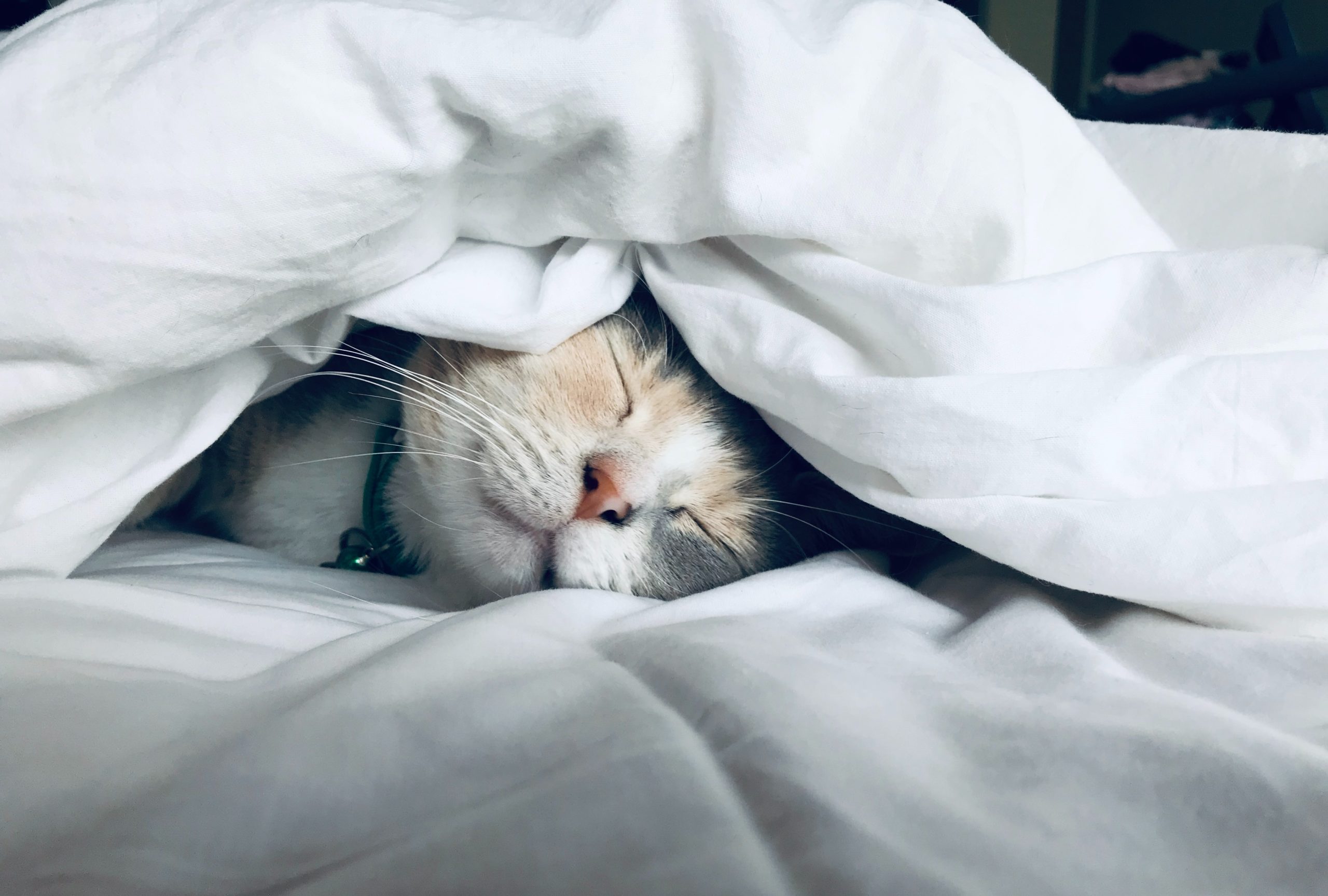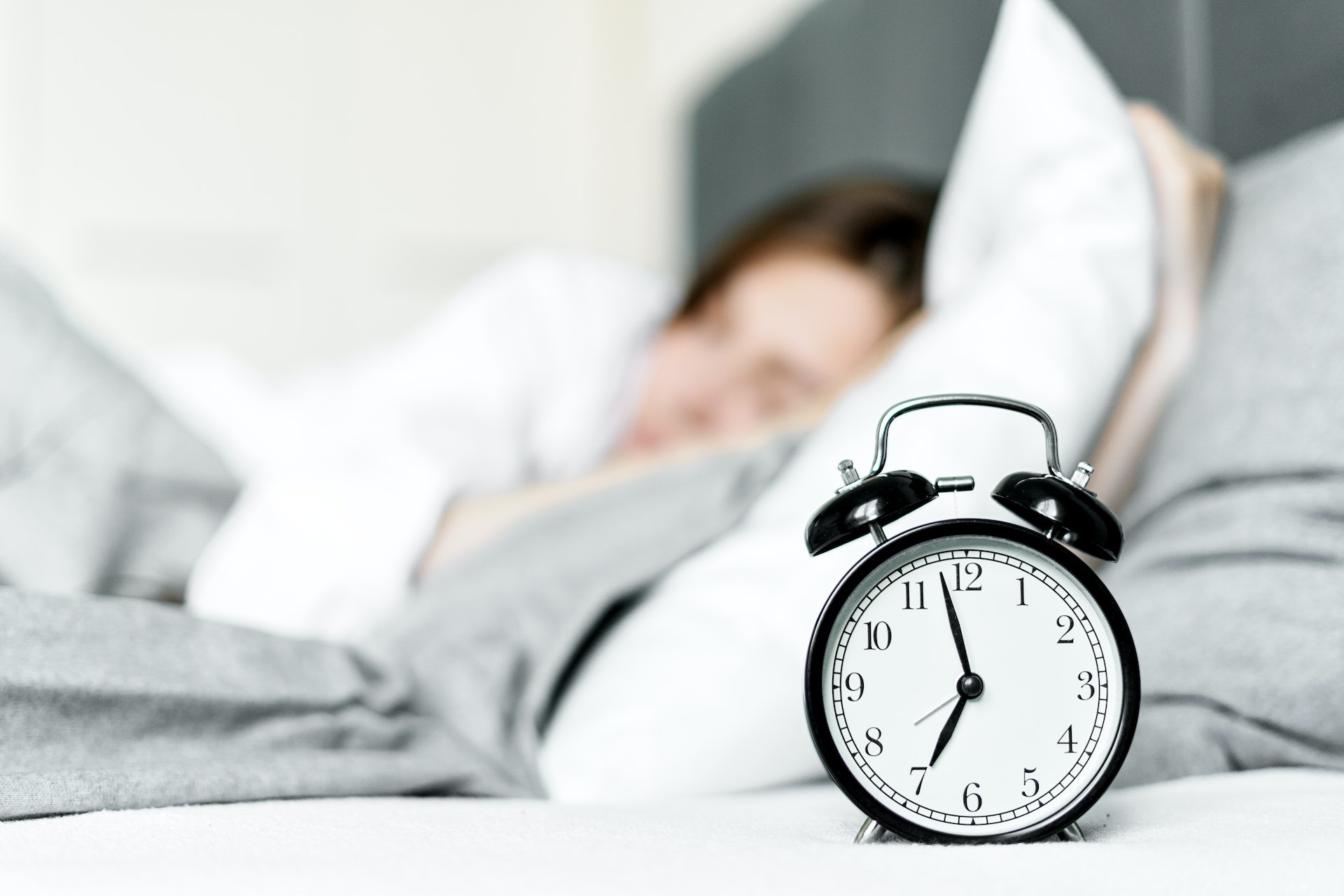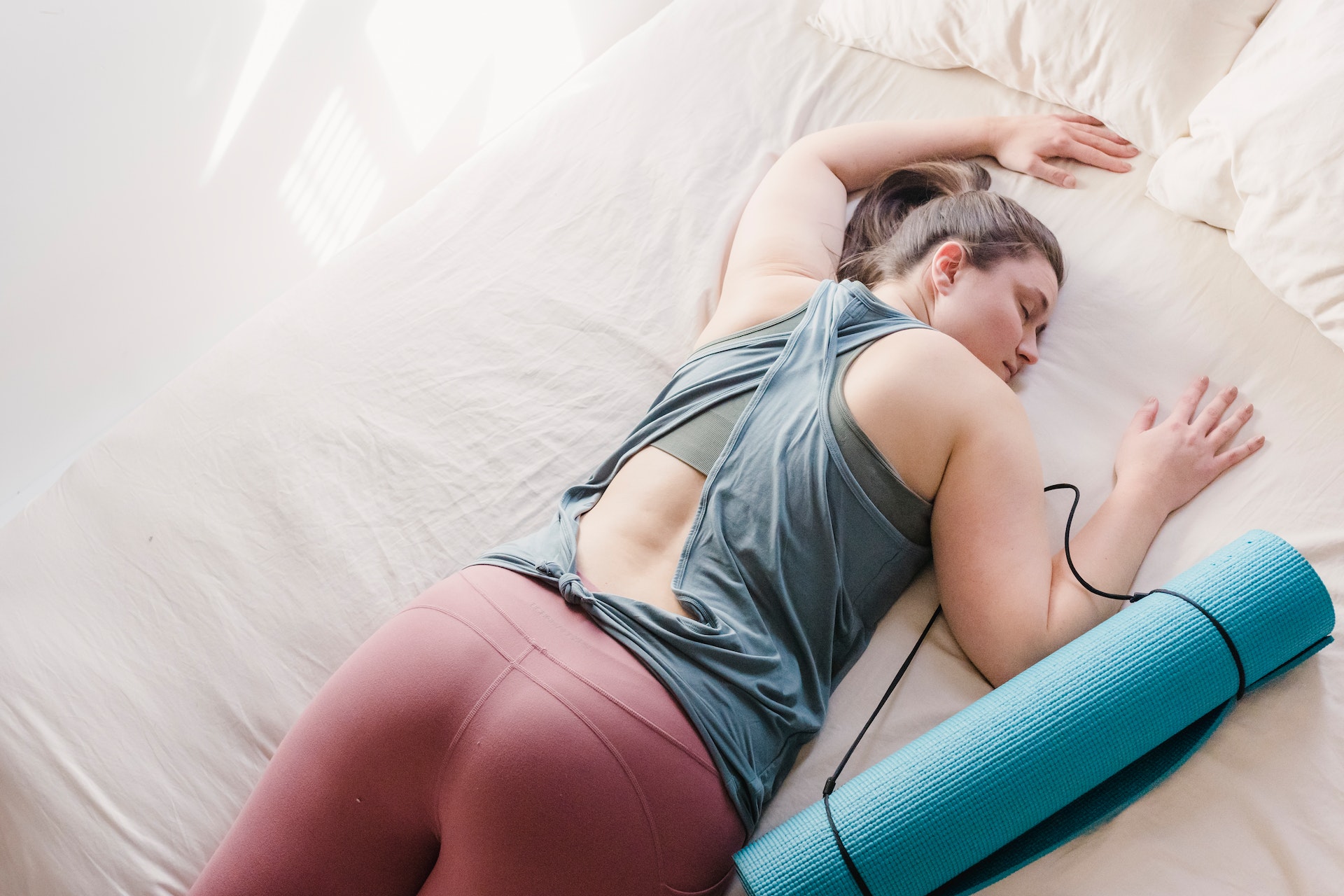Techniques To Help You Fall Asleep Faster and Stay Asleep

Having trouble sleeping? You’re not alone. Many of us struggle to fall asleep or stay asleep through the night, leaving us feeling exhausted and unable to cope with the day ahead. But what can you do to start making sure you get a good nights rest? In this blog post, we’ll explore different techniques that can help you fall asleep faster and stay asleep so you wake up feeling refreshed in the morning. From meditation and mindfulness to avoiding stimulants before bed, we’ll cover all the tips and tricks that can help give your sleep routine a much needed boost.
Why is sleep important?
There are a number of reasons why sleep is important. For one, sleep is essential for our physical health. It helps to repair and restore our bodies, and it also boosts our immune system. Sleep is also critical for our mental and emotional health. It helps to improve our mood, memory, and concentration, and it can also reduce stress and anxiety.
The different stages of sleep
There are four main stages of sleep: light sleep, deep sleep, REM sleep, and awake.
Light sleep is the first stage of sleep. You may be asleep for only a few minutes before you enter deep sleep. During light sleep, your body slows down and your eye movements stop. Your brain waves also slow down.
Deep sleep is the second stage of sleep. You are not easily awakened during deep sleep. Your body temperature drops and your brain waves become very slow. This is when most people dream.
REM sleep is the third stage of sleep. REM stands for “rapid eye movement” because during this stage your eyes move quickly in different directions. Your breathing becomes irregular and your heart rate increases. This is the busiest time for your brain as it processes information and consolidates memories from the day before.
Awake is the fourth and final stage of sleep. You may be aroused by noise or light during this stage but typically return to Sleep soon after.
Tips to falling asleep faster
If you’re finding it difficult to fall asleep or stay asleep, you’re not alone. According to the National Sleep Foundation, 50 to 70 million Americans suffer from a sleep disorder. But there are some things you can do to improve your sleep hygiene and hopefully get some shut-eye.
First, try to establish a regular sleep schedule. Go to bed and wake up at the same time every day, even on weekends. This will help regulate your body’s natural sleep rhythm.
Second, create a relaxing bedtime routine. A warm bath or shower, reading a book or listening to calm music can help signal to your body that it’s time to wind down for the night.
Third, make sure your bedroom is dark, quiet and cool. Remove any electronics from the area so you’re not tempted to stay up late browsing or working. And if you can’t control the noise level in your environment, try using earplugs or a white noise machine to drown out distractions.
Fourth, avoid caffeine and alcohol before bedtime. Both of these substances can interfere with sleep. Caffeine should be avoided for at least six hours before hitting the sack, while alcohol should be limited to one drink several hours before bedtime.
Finally, get up and move around during the day. Exercise can help tire you out come nighttime so you’re more likely to fall asleep quickly and stay asleep through the night.
Tips to staying asleep
There are a few key things you can do to help ensure you stay asleep throughout the night:
1. Establish a regular sleep schedule and stick to it as much as possible. Going to bed and waking up at roughly the same time each day will help regulate your body’s natural sleep rhythm.
2. Create a relaxing bedtime routine and avoid watching television or working on the computer in the hours leading up to sleep. Instead, try reading or taking a bath to help wind down.
3. Keep your sleeping environment dark, quiet, and cool. Consider investing in earplugs or a white noise machine if outside noise is disruptive.
4. Reserve the bed for sleep and avoid using it for activities like working or watching television. This will help train your brain to associate the bed with relaxation and sleep.
5. Get up and move around if you can’t fall asleep after 20-30 minutes of lying in bed awake. Avoiding restless tossing and turning will help reduce anxiety about falling asleep and make it more likely that you’ll drift off eventually.
Creating a sleep routine
There are a few key things you can do to create a sleep routine that will help you fall asleep faster and stay asleep throughout the night. Try to go to bed at the same time each night and wake up at the same time each morning. This will help to regulate your body’s natural sleep rhythm. Avoid stimulators of any kind before bed as they can interfere with sleep. Create a relaxing bedtime ritual to help cue your body that it is time to wind down for the night. Make sure your bedroom is dark, quiet, and cool – all factors that can help promote deep and restful sleep.
When to see a doctor about sleep problems
If you’re struggling to get a good night’s sleep, you’re not alone. In fact, sleep difficulties are incredibly common, with around 30% of people experiencing occasional insomnia and 10% suffering from chronic insomnia.
There are a number of different techniques that can help you fall asleep faster and stay asleep for longer, but if your sleep problems are persistent, it’s important to see a doctor.
Your doctor will be able to rule out any underlying medical conditions that could be causing your sleep problems and may also recommend medication or other treatments. If your sleep difficulties are due to stress or anxiety, your doctor can refer you to a therapist who can help you manage these issues.
Don’t suffer in silence – if you’re struggling to sleep, make an appointment with your doctor today.
Getting a good night’s rest is essential for maintaining a healthy lifestyle. It can be difficult to fall asleep and stay asleep, but with the right techniques, it doesn’t have to be. We’ve discussed some of the best methods such as establishing a regular sleep schedule, avoiding stimulants before bedtime, creating a relaxing bedtime routine, and ensuring your bedroom is comfortable and free of distractions. With these tips in mind, you’ll find yourself sleeping soundly in no time!
Warning: this article does not constitute medical advice. The article contains the author’s personal opinion and personal conclusions and observations. If you have problems with sleep or are interested in other issues related to it, it is better to consult your doctor.









